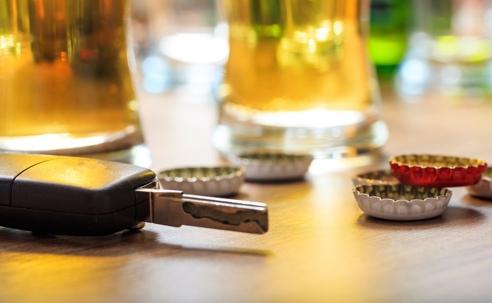Recently, Governor Gretchen Whitmer signed several OWI-related bills that will affect many Michiganders. Taking effect in February of 2022, House Bills 4219 and 4220 will allow some first-time operating while intoxicated offenders to clear their criminal records. House Bills 4308 and 4309 keep the legal blood alcohol limit (BAC) at 0.08.
More About House Michigan’s BAC Laws
House Bills 4308 and 4309 protect Michigan drivers by ensuring that the legal BAC limit remains at 0.08. Without the Governor’s approval on these bills, the limit would have increased to 0.10 in October of 2021. This means a person would not have been presumed operating while intoxicated unless their blood alcohol concentration met the higher threshold.
More About Michigan’s New OWI Expungement Laws
Several expungement-related laws have passed throughout the years, allowing individuals to seek relief for a range of criminal offenses. OWI violations have long been left out of these changes, which meant non-repeat offenders were forced to suffer long-term and debilitating consequences of a conviction, even though they might have learned from their past mistakes.
The new bills remedy that by providing relief from first-time OWI convictions, given eligibility criteria are met. When a person’s record is expunged, it is removed from public access and only allowed to be disclosed under limited circumstances.
According to a press release issued by the Governor’s Office, when House Bills 4219 and 4220 take effect, nearly 200,000 Michiganders will be able to pursue expungement for a first-time OWI violation.
The laws apply to cases in which the individual was operating a vehicle:
- With a BAC of 0.08 or more,
- While visibly impaired by alcohol or a controlled substance,
- With any amount of cocaine or a Schedule I controlled substance in their system,
- With a BAC of 0.02 or more (for drivers under 21 years of age at the time of the incident).
Individuals can seek expungement five years after their probation ends, so long as their offense did not involve injury or death of another. A judge must review the petition and will have the final say concerning its approval.
At Tanis Schultz, we understand that people make mistakes, and we believe that they should not be held back by an experience they have learned from.
To learn more about how you can pursue a second chance under MI’s new expungement laws, contact us at (616) 227-3737 today. We serve all of West Michigan.

